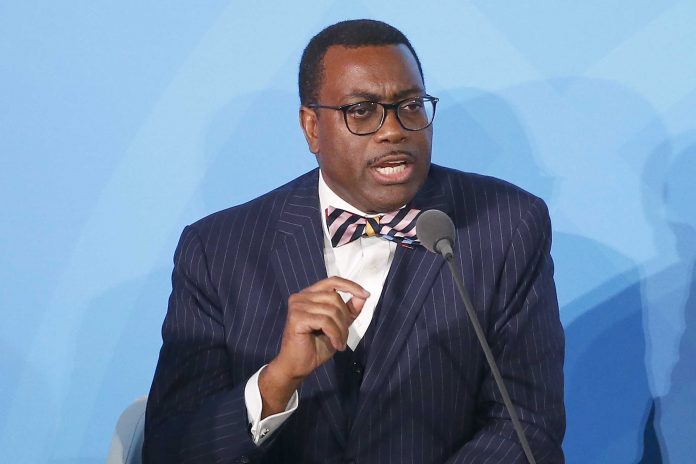
By DAVID PITT
Associated Press
DES MOINES, Iowa (AP) — A group of 24 scientists, economists, researchers and other winners of the World Food Prize sent a letter Tuesday to President Joe Biden asking him to focus on alleviating global hunger, poverty and malnutrition.
The World Food Prize Foundation released the letter that describes United States involvement in battling global hunger as foundational.
“American leadership will be a beacon that helps to light the way and a catalyst for action that gets us to a world in 2030 where we live within our planetary boundaries, everyone is well-nourished, and no one goes to bed hungry,” said Lawrence Haddad, 2018 World Food Prize laureate and executive director of Global Alliance for Improved Nutrition.
He said current food systems must improve because they have contributed to rising hunger and have been too slow to reduce child undernutrition. He added that obesity is increasing, biodiversity is being squandered and community resilience is being undermined. He said it’s time for everyone to think and act differently to make a lasting impact.
The laureates called on the president to take immediate action by reestablishing American global leadership to end hunger, playing a leadership role in the upcoming UN Food Systems Summit and other global initiatives, refreshing U.S. evidence-based policy and investment to achieve the goal of ending hunger and expanding the USAID Feed the Future initiatives.
“American leadership on getting food systems right will inspire and embolden others to join forces to end hunger, counter climate change, generate jobs, and promote responsible stewardship of the environment,” the letter said.
The World Food Prize was created by Nobel Peace Prize laureate Norman Borlaug in 1986 to recognize scientists and others who have improved the quality and availability of food. The $250,000 prize is awarded annually by the Des Moines, Iowa-based World Food Prize Foundation, which gets support from more than 80 companies, foundations and individuals.
The foundation supports the letter, said its President Barbara Stinson.
Akinwumi Adesina, the winner of the 2017 World Food Prize, drew an analogy between the current effort to vaccinate people to protect them amid the global coronavirus pandemic and protecting people from hunger.
“For millions of poor people around the world, the risk of dying from hunger is greater than dying from COVID-19. Without food, medicines don’t work. Food and nutrition are the vaccines against hunger. Let’s vaccinate the world against hunger,” said Adesina, president of the African Development Bank.



















